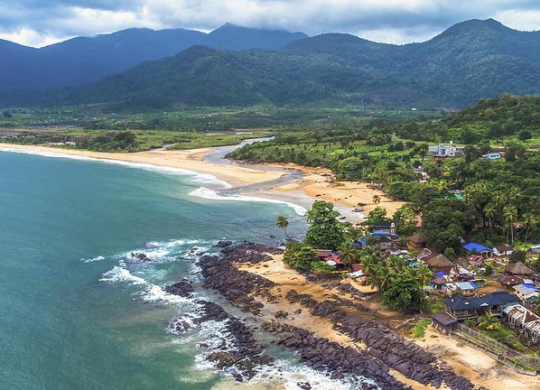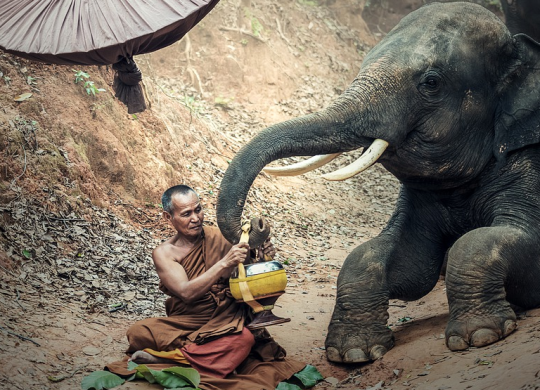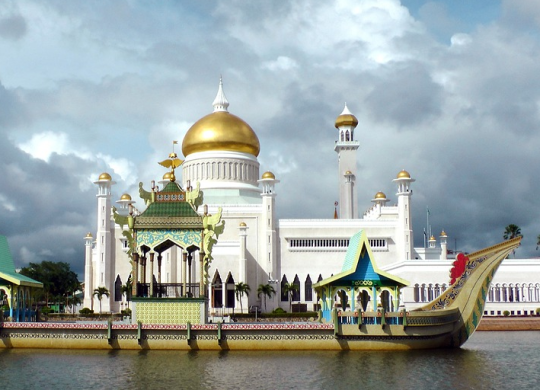Basic rules for obtaining permanent residence and citizenship in Sierra Leone

Sierra Leone is an African state located in the western part of the mainland, on the coast of the Atlantic Ocean. The country is adjacent to Guinea and Liberia. Despite the fairly rich mineral, agricultural, and fishing resources, Sierra Leone remains one of the poorest countries in the world, and the inhabitants are illiterate. The country has an international atmosphere, and many religions are represented there. The official language in the country is English, although the local population speaks Krio, and there are more dialects in rural areas. The average human life expectancy is about 55 years.
Peculiarities of the country
Sierra Leone is not a safe country. The level of crime, robbery, theft, and violent attacks is quite high here, including in the capital Freetown. There is a difficult situation with work and employment. However, skilled workers have more chances for employment. The main areas of employment are the mining industry and related industries. There are large deposits of diamonds, gold, copper, nickel, iron ore, and other minerals, where you can also invest capital.
However, if you are planning to stay longer than a tourist trip and start your own business, keep in mind that foreigners cannot buy land in Sierra Leone. It is better to contact a consultant for legal support in this matter (hyperlink). Foreigners need a visa to enter the country. It can be done online by filling out a form on the website of the Ministry of Tourism of Sierra Leone. The visa is valid for three months with a stay in the country of 1 month. The visa is issued for one entry. And to apply for a multiple-entry visa, you need to contact the consulate.
Resident card
This is a visa issued to foreign citizens who wish to reside in the country. Typically, a residence permit is issued for one year and then renewed annually. A residence permit may be issued for several reasons.
Labor immigration
A residence permit in Sierra Leone is issued at the request of the employer. Such a request can be given by a national or international organization, as well as a legal entity that has a business in the country. The employer must write to the Department of Immigration on official letterhead with full details of the organization requesting a residence permit on behalf of their employee.
The applicant can then obtain an application form from the Department of Immigration and then submit a formal application. When you apply for the first time, use Form A. If you apply for an extension of residence permit or a re-entry permit, use Form B.
The main documents for obtaining a residence permit:
· a valid passport for the period of residence;
· 2 photos.
Depending on the category of registration, other supporting documents will be required in addition to the above given.
When registering a business:
· original documents of company registration and updated certificates of the applicant;
· confirmation of financial position, your bank statement.
When registering employment:
· a letter of appointment from an employer in Sierra Leone
Student registration:
· school and other educational certificates;
· an official document of enrollment in an educational institution in Sierra Leone;
· proof of financial solvency in the form of a report from the sponsor.
Dependency Registration
· a birth certificate of a minor;
· written consent of the parent or adult acting in place of the parents.
Registration of a spouse or other relative
· a document confirming the relationship.
How to get citizenship
You can become a citizen of Sierra Leone through naturalization. You need to live in the country for at least five years, follow the laws, and contribute to the development of the country.
Contacts and phones
Sierra Leone Department of Immigration – Phones: (232) 22 – 224446 / 22 224447 Website
Ministry of Tourism in Sierra Leone – website
Emergency Service – 911
Police and Ambulance – 999
Fire Service – 019
Recommended articles
4 min
Residence permit
5 min
Residence permit
7 min
Work
All materials and articles are owned by VisitWorld.Today and are protected by international intellectual property regulations. When using materials, approval from VisitWorld.Today is required.

